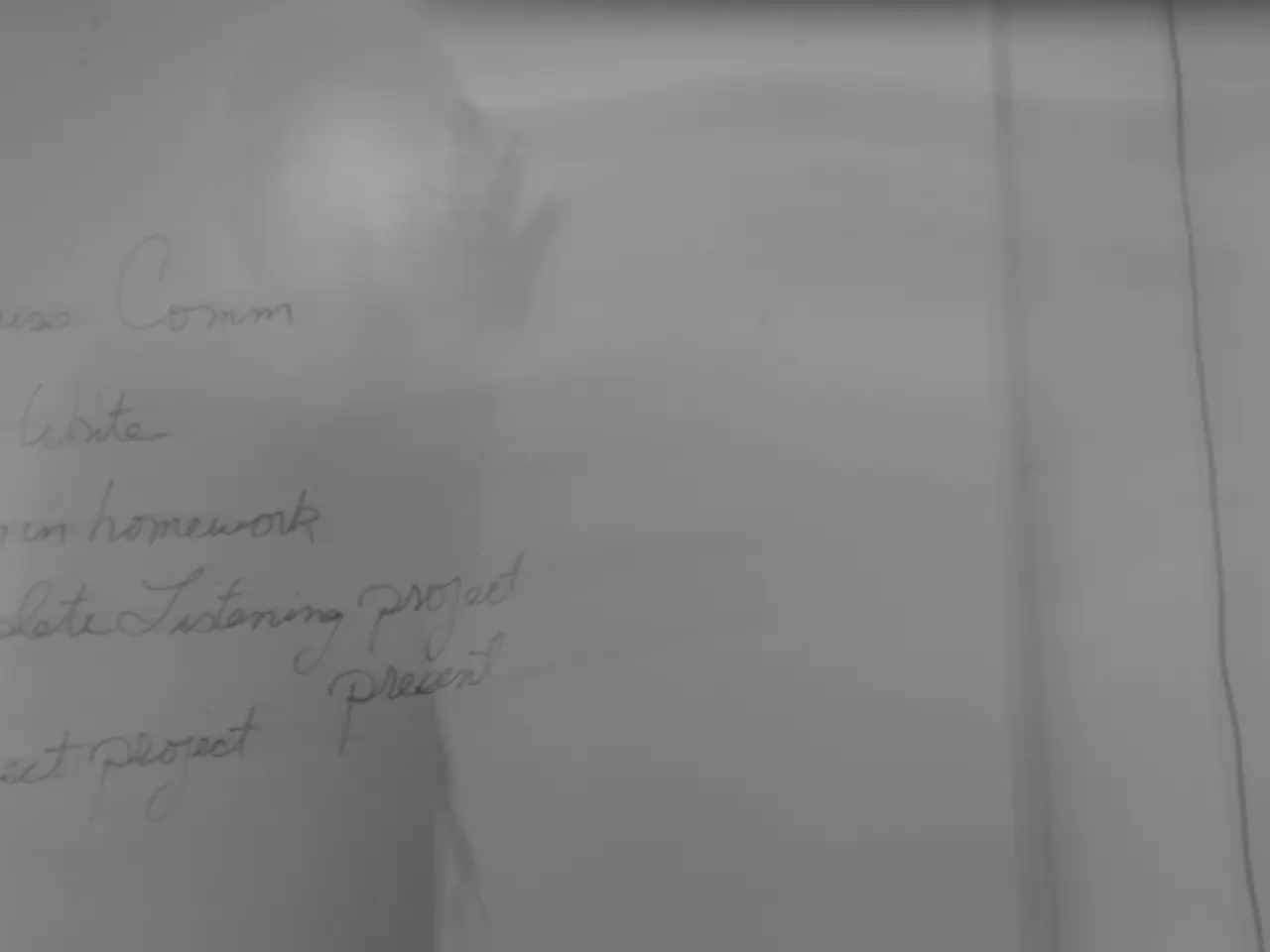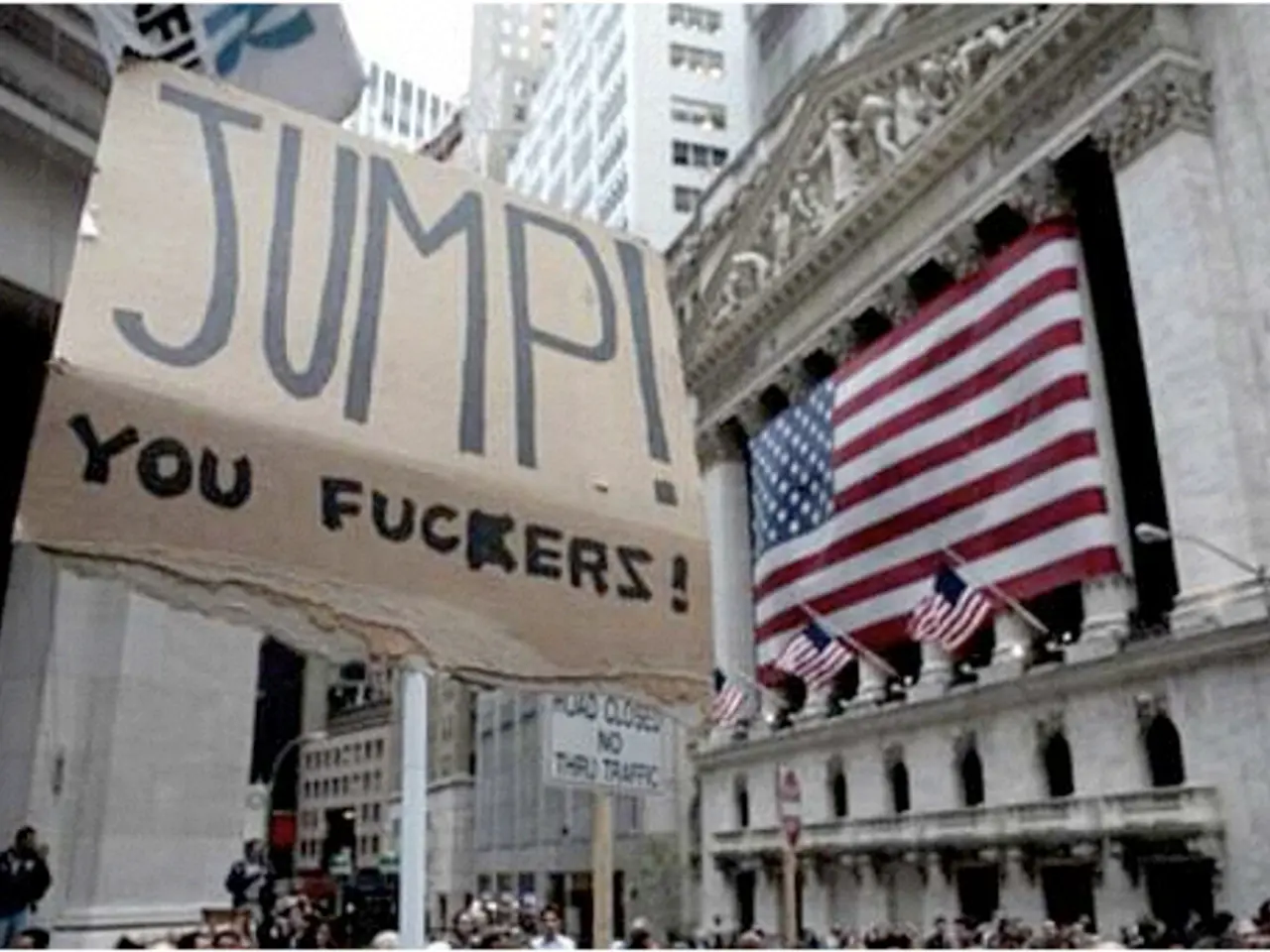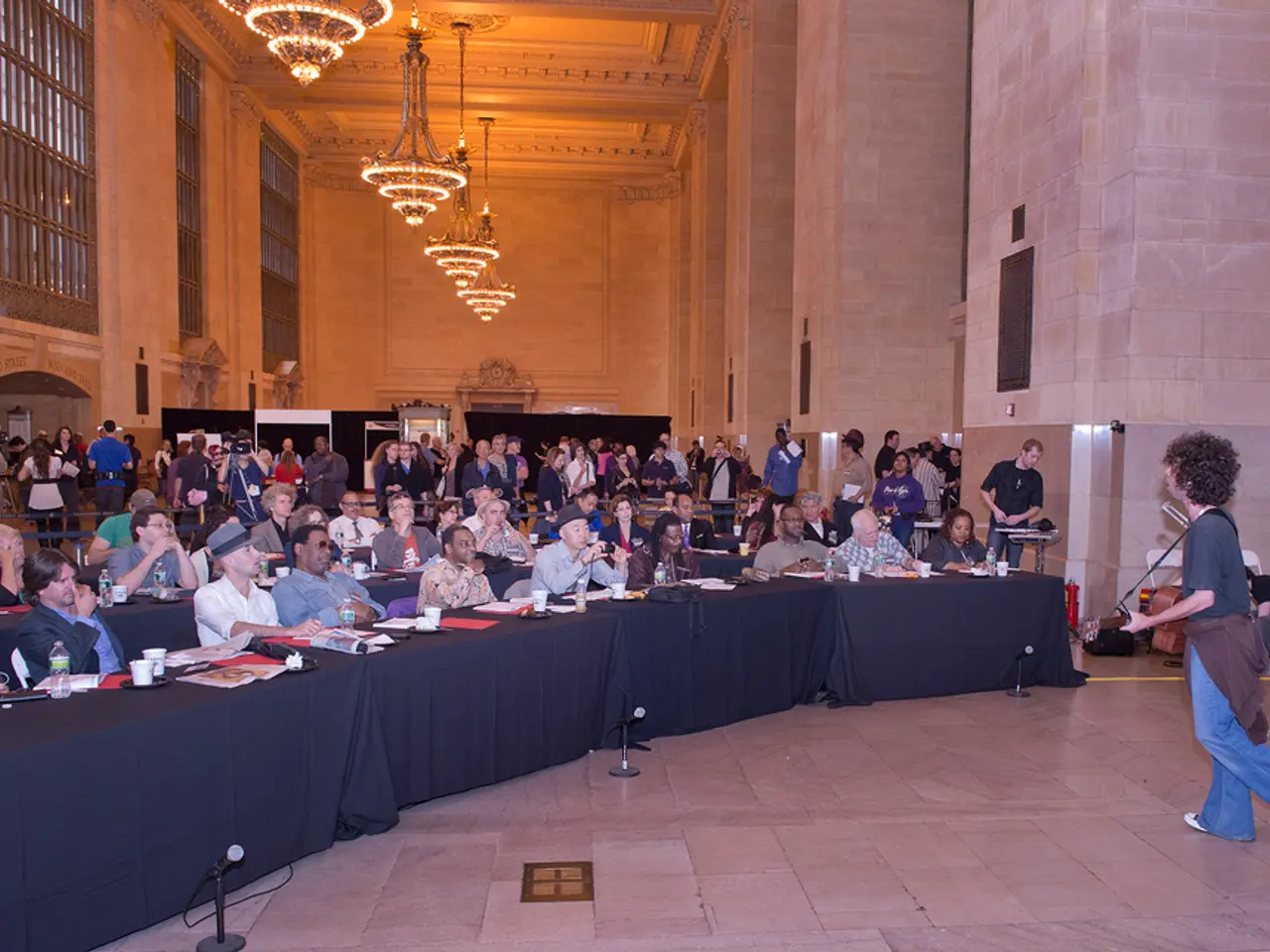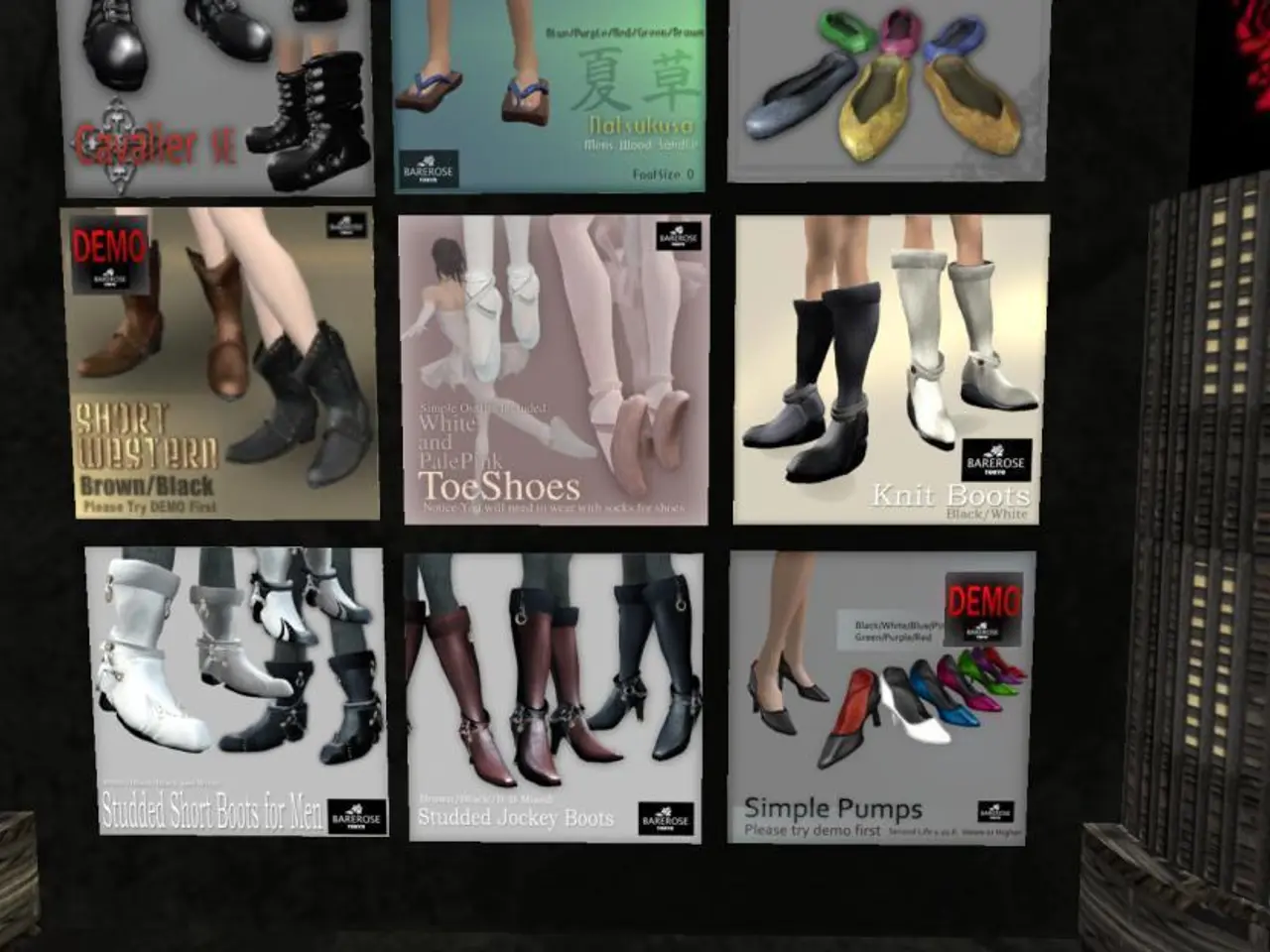Thaksin expresses indifference towards hospital investigation
Thaksin Shinawatra, the former Prime Minister of Thailand, has been at the centre of a controversial hospital stay that has raised questions about compliance with Department of Corrections regulations. The Supreme Court's Criminal Division for Holders of Political Positions is currently holding witness testimony in a case regarding Thaksin's extended stay at the Police General Hospital.
Thaksin's lawyer, Winyat Chartmontri, has emphasised that his client's medical condition necessitated specialized care that was not available at the Correctional Hospital. A comprehensive medical history has been submitted to support these claims, although the details of the medical records and the country of origin for his previous treatment are not being disclosed.
The controversy surrounding Thaksin's hospital stay arises from the fact that he was allowed to remain in a VIP room at the Police General Hospital for an extended period of 180 days instead of being treated at the Correctional Hospital. Thaksin became eligible for parole after six months, and inmates are legally permitted to receive treatment outside prison for 120 days. However, Thaksin was allowed to continue his stay in a VIP room on the 14th floor of the police hospital for 180 days.
The transfer of Thaksin to the police hospital took about two hours, raising questions about why he was not sent directly to the Correctional Hospital. The decision to transfer Thaksin to the police hospital was reportedly made by the on-duty nurse rather than higher medical authorities. The initial medical examination of Thaksin was reportedly performed primarily by an on-duty nurse, while the attending physician was unaware of what had taken place.
The case centres on whether Thaksin's treatment complied with Department of Corrections regulations during his stay at the Police General Hospital. Among the witnesses is Dr Ruamthip Suphanan, who had previously received a warning from the Medical Council of Thailand for preemptively issuing a hospital transfer letter for Thaksin.
The proceedings were observed by several high-profile figures, including Dr Warong Dechgitvigrom, Chanchai Issarasenarak, Somchai Sawaengkarn, and Dr Tul Sittisomwong. Witnesses in the case include doctors and nurses from Bangkok Remand Prison and the Correctional Hospital.
The court's ongoing inquiry aims to determine whether there was any malfeasance in allowing Thaksin to stay at the Police General Hospital instead of the Correctional Hospital. The court has heard testimony from medical staff and correctional officers involved in Thaksin's care, with further requests for additional witnesses. Additional witness hearings have been scheduled for July 8, 15, 18, and 25.
Mr Winyat has requested the court to limit public disclosure of case details, expressing concern that some earlier media reports could mislead the public during ongoing proceedings. He has also proposed restricting courtroom attendance, though the court deemed such measures unnecessary at this stage.
Dr. Warong raised three key concerns during the hearing, although the details of his concerns have not been disclosed. Mr Winyat declined to reveal details of the testimony given, citing court instructions to protect the confidentiality of personal and medical information.
Thaksin, 75, was sentenced to eight years in prison, later reduced to one year by a royal pardon, but never spent a single night in jail. The case is a significant development in the ongoing saga surrounding Thaksin's legal proceedings and his relationship with the Thai government.
The controversy surrounding Thaksin Shinawatra's hospital stay is not only a general news topic, but also a matter of crime and justice, as it involves questions about compliance with Department of Corrections regulations. In the ongoing court proceedings, the focus is on policy and legislation regarding political figures and their access to specialized medical care outside of prison, intertwining politics with war and conflicts, as Thaksin's case raises concerns about potential misuse of power in such situations.








